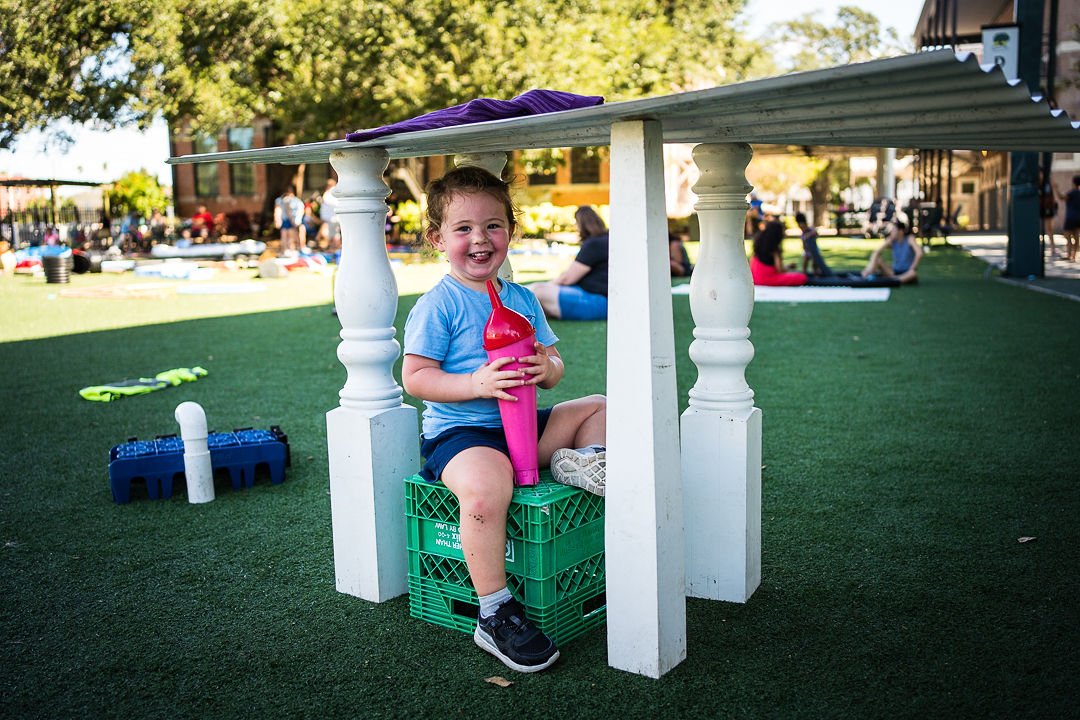
Professional Development
Rooted in Play’s professional development course is designed to equip early childhood educators with the knowledge and skills to enhance learning through self-directed play and the use of loose parts in the classroom.
Throughout the course, participants will explore the definition and benefits of self-directed play, learn how to think like a playworker, and gain practical strategies for incorporating loose parts play in their teaching practice.
Course Overview
Learning about Self-Directed Play
The course begins by providing a comprehensive understanding of self-directed play and its importance for children's development. Educators will explore the definition of self-directed play, its characteristics, and the numerous cognitive, social, and emotional benefits it offers. Through case studies and interactive discussions, participants will deepen their understanding of how self-directed play supports holistic learning and nurtures children's creativity, problem-solving skills, and resilience.
Bringing Play to the Classroom
Lastly, educators will discover practical strategies for incorporating loose parts and self-directed play in the classroom setting. Through interactive workshops and collaborative discussions, participants will explore how to create inviting play spaces, select and organize loose parts materials, and integrate loose parts play into existing curricula. They will develop skills in facilitating and supporting children's self-directed play, promoting meaningful engagement, and scaffolding learning experiences.
Loose Parts Play
The course then delves into the concept of loose parts play, providing educators with a clear definition and understanding of what loose parts are and their potential in enriching children's play experiences. Participants will explore various types of loose parts and their open-ended nature, which allows for unlimited possibilities of exploration, construction, and imaginative play. They will learn how loose parts play stimulates critical thinking, problem-solving, collaboration, and sensory exploration.
Empowered to Play
By the end of this professional development course, early childhood educators will be equipped with a deep understanding of self-directed play, a playworker's mindset, and the practical tools to incorporate loose parts play effectively. They will be empowered to create dynamic, child-centered learning environments that inspire curiosity, creativity, and a lifelong love for learning through the power of play.
The Playworker’s Perspective
Building on this foundation, educators will learn how to think like a playworker, adopting a mindset that promotes child autonomy and freedom within a play environment. Through hands-on activities and reflective exercises, participants will explore key principles such as observation, facilitating rather than directing, and understanding the play cues of children. This playworker perspective will empower educators to create inclusive and engaging play experiences that foster independent thinking and self-expression.
Professional Development
Professional Development
If you’d like to know more about the professional development course we offer to schools, early learning programs, and other places where kids play, please get in touch.


